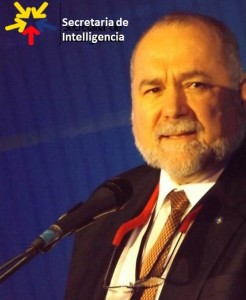
This Earth Day, Let's Start Using Analytics To Conserve Energy
The success of new energy projects relies on one crucial skill: the ability to derive insights from massive amounts of rapidly changing data. That’s why utilities and energy companies are adopting analytics to meet the rising demand for renewable energy from more sophisticated customers.

ROBERT STEELE: The article is a shameless pitch by IBM that is tolerated by Forbes, which can be erratic in what it approves or deletes in both blogging and commentary. There are three major flaws in the IBM pitch:
01 The processing power and analytic tools do not exist with which to get past the 1% status quo. Mary Meeker and others are clear on this point, IBM cannot do what it claims it can do, never mind the fact that most legacy data is the wrong data full of holes out of context.
02 Even if we could add smarts to how we employ legacy fossil-based systems within legacy infrastructures (e.g. cities), this would perpetuate the problem, not solve it. Design must start fresh and integrate holistic analytics, true cost economics, and open source everything engineering. This would create truly smart communities that are able to harness reneweable energy, store it, and apply it to clean water, health, and other core activities.
03 While I know how to create a sufficiency of processing power and advanced analytic tools such as have been specified as needed since the 1980s, even that capacity will not be utilized until we can re-instill integrity in the leadership of governments, corporations, and non-profits, while also making this capacity available free to conscious activists. Micah Sifty's new book, The Big Disconnect: Why the Internet Has Not Fixed Politics (Yet) is a core reading on this point. Indeed it is the latter (free tools to the activists) that will make the former (restoring integrity among the leaders) possible. There is an emerging possibility centered on payments systems and societies becoming cashless that could open to the door to connecting dots to dots, dots to people, people to people, and people to politicians, aggregating power across time and space and individual issues.
See Especially:
KINDLE: Intelligence for Earth: Clarity, Diversity, Integrity, & Sustainability
PRINT: The Open Source Everything Manifesto: Transparency, Truth, & Trust
Visa Moves At The Speed Of Money
See Also:
2014 Robert Steele Applied Collective Intelligence
Open Source Everything @ Phi Beta Iota
True Cost Economics @ Phi Beta Iota
Web Page for Robert David Steele



